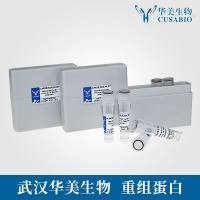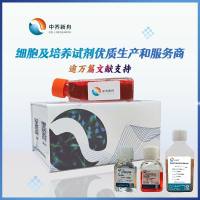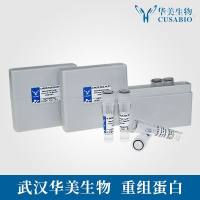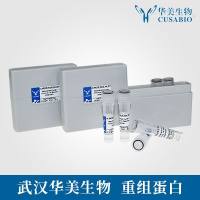MPN- and Real-Time-Based PCR Methods for the Quantification of Alkane Monooxygenase Homologous Genes (alkB) in Environmental Samples
互联网
互联网
相关产品推荐

alkB/alkB蛋白Recombinant Escherichia coli Alpha-ketoglutarate-dependent dioxygenase AlkB (alkB)重组蛋白Alkylated DNA repair protein AlkB DNA oxidative demethylase AlkB蛋白
¥2328

人II型糖尿病(晚发性、胰岛素抗性)定量PCR芯片试剂盒
$240

HB Western blotting Principles and Methods
¥223

LBP/LBP蛋白Recombinant Human Lipopolysaccharide-binding protein (LBP)重组蛋白(3-methylbutanal reductase)(Genes de respuesta a estres protein 2)(Isovaleraldehyde reductase)蛋白
¥1536

Recombinant-Alcanivorax-borkumensis-Alkane-1-monooxygenase-2alkB2Alkane 1-monooxygenase 2 EC= 1.14.15.3 Alternative name(s): Alkane hydroxylase; AHs Terminal alkane hydroxylase
¥12180
相关问答

